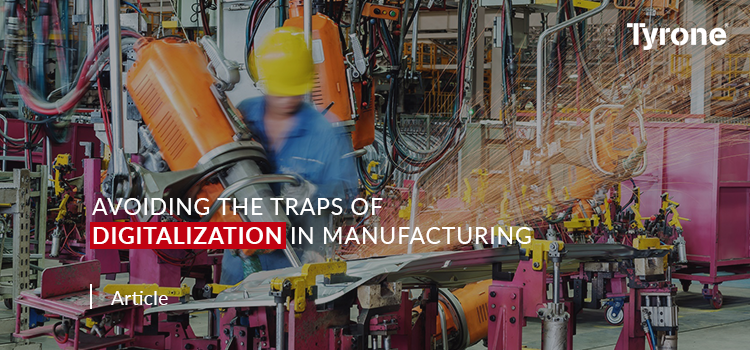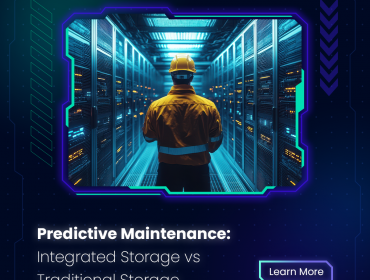Global competition, shifting customer demands, Volumes of data transfer and analysis along with a surge in digitalisation are just some of the trends changing the face of modern manufacturing. To keep up with this change of pace, many manufacturers are now starting out on their own Industry journeys. But while there is no magic formula to this transformation, there are some common stumbling blocks which can be avoided.
Too Much Too Soon:
There is a new buzzword in the Industries which is ‘4.0’ making it easy for manufacturers to fall into the trap of believing that digitalisation requires a complete overhaul which is almost impossible to implement with larger firms and manufacturing units. This would also require a long time shutting down facilities and typically overinvesting by replacing older machinery with newer advanced versions. The complexity of technology increases almost overnight today and in the future we expect lesser time for newer technologies to come to the market.
Evolution is an all-time process unlike a revolution which just happens once and leads to a lot of change in that one occurring. Hence the smaller the steps the more stable the evolution process will be. Too many changes at once may make the entire process more fragile and difficult to handle. The slow process not only gives the business and all the stakeholders time to adapt to new technology and make well informed decisions but also gives time to the employees to get used to the technology changes around them. With each step and decision made, the company can track progress and calculate the value addition to the manufacturing process. If there is a particular technology that does not fit the business requirements, it can be understood and costs can be cut down.
Flexibility:
Digitisation brings with it flexibility but if it is adopted too much or in the wrong way it can be counterproductive. With that in mind, selecting the correct standard at the start of your digital journey is essential, but is a step some machine manufacturers and end users overlook. To be truly flexible, any upgrades need to be able to accommodate change. Afterall, Industry 4.0 is in constant motion, making change inevitable. For machines, that requires connections which not only meet the standards of today, but also to be easily modified in response to future changes. So when making investments for the future, manufacturers need to be sure their machinery will provide the flexibility it needs for change.
Planning and then Executing:
Data is the most valuable resource on the planet making it equally sensitive. Without a focus on solutions that have a high impact on the bottom line, organizations end up pursuing a Digital Manufacturing journey that is financially not feasible. The following success factors are directly tied to the ability of manufacturers to establish a solid business case for the implementation of their Digital Manufacturing solutions. Our understanding of data is crucial since it is the very understanding that brings decisions to be followed and processes to be established. In harnessing that data, sensors are key. Attached to cells, machines or tooling equipment, these sensors measure variables such as temperature, pressure, vibration and power consumption to provide an inside view of the machinery which powers their facility. Blockchain is one technology that seems to be one fit for all industries having various data points on various different levels. This makes the data gathering more reliable and trustworthy for companies that have been struggling with this problem in the past. The problem, however, arises in how that data is evaluated and interpreted. When taking their first steps into the Industry 4.0 arena, manufacturers are often overwhelmed and can fall into the trap of using vast numbers of sensors to collect mass amounts of data. Visualising the data which is being collected, employees can share their expert insights and knowledge to help manufacturers understand what is important to measure – from machine performance through to functions such as logistics and purchasing. Only then can the true impact of digitalisation be seen.
Do not overlook Security breaches:
A vast majority of manufacturers feel under-prepared when it comes to digital security. As the world is getting hungrier for data, security breaches have become a daily affair. With news coming in huge numbers from all over the world where customer information and individual data finds itself in the hands of cyber attackers with just a few clicks, Cyber security has become the need of the day. While digitisation makes a lot of things easier and smooth in functioning, it comes with haunting cyber security issues from all over the world. If correct precautions are not taken, chances are very high that the data will be stolen and misused. The good news is that preventative action can be taken; equipping manufacturers with the tools they need to protect their data from cyber-attacks. Proven IT security process, for instance, can be quickly and seamlessly extended to production, such as network segmentation and firewalls. Further to this, instruments which enable users to centrally manage all Iot of devises and simultaneously install security updates at all locations around the world are also available, ensuring manufacturing operations remain protected.












